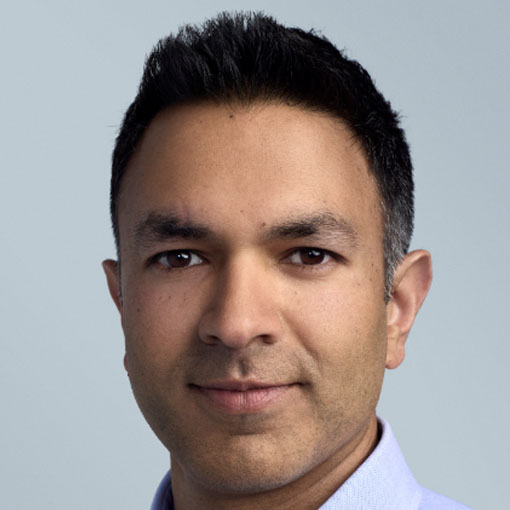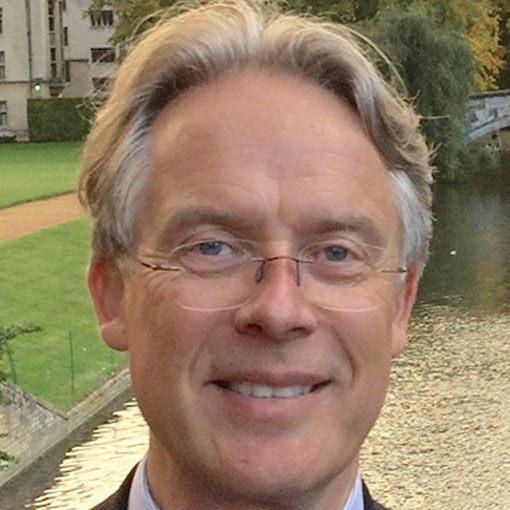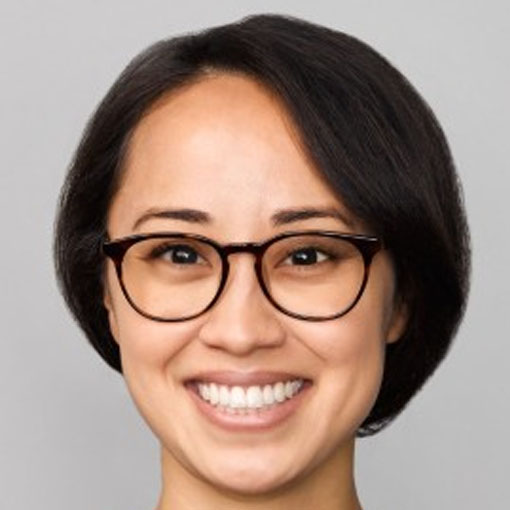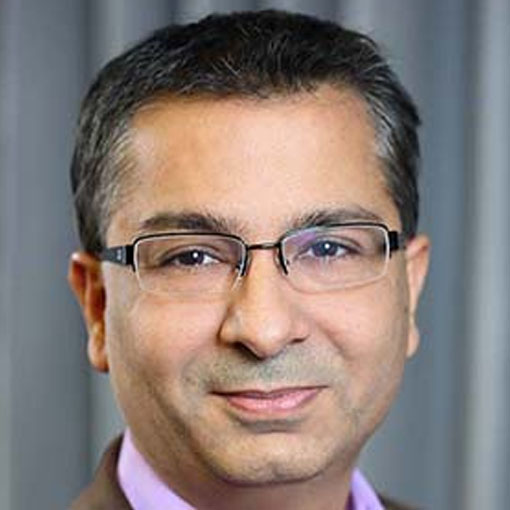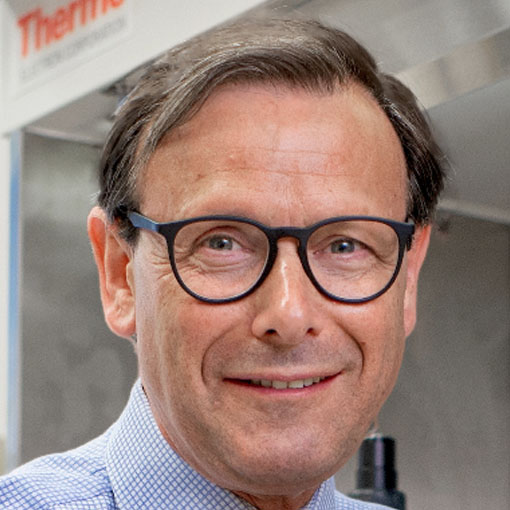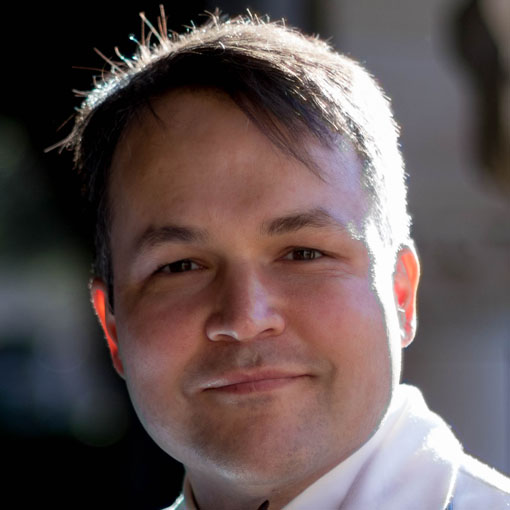Recent key advances in autologous stem cell-derived therapies
Are autologous iPSC-derived cell therapies ready to hit prime time? A conversation between Alex Morgan, Partner at Khosla Ventures, and a panel of distinguished experts in autologous iPSC cell therapies will address the breakthroughs in the space. What new advancements in autologous cell therapies are already available to make sure patients can best benefit given the rapid pace of scientific discovery and development in cell therapies? How can the industry learn from these solutions and apply them to deliver cell-based therapies at scale? Our panel of experts across venture capital, biotech, and clinical experience will discuss recent advances and future strategies around patient outcomes, patient safety, and manufacturability for this rapidly growing subset of cell therapies.
Viewers will learn about:
- The difference between autologous and allogeneic therapies
- Recent advancements in autologous therapies
- What’s next for autologous therapies and real-world applications



